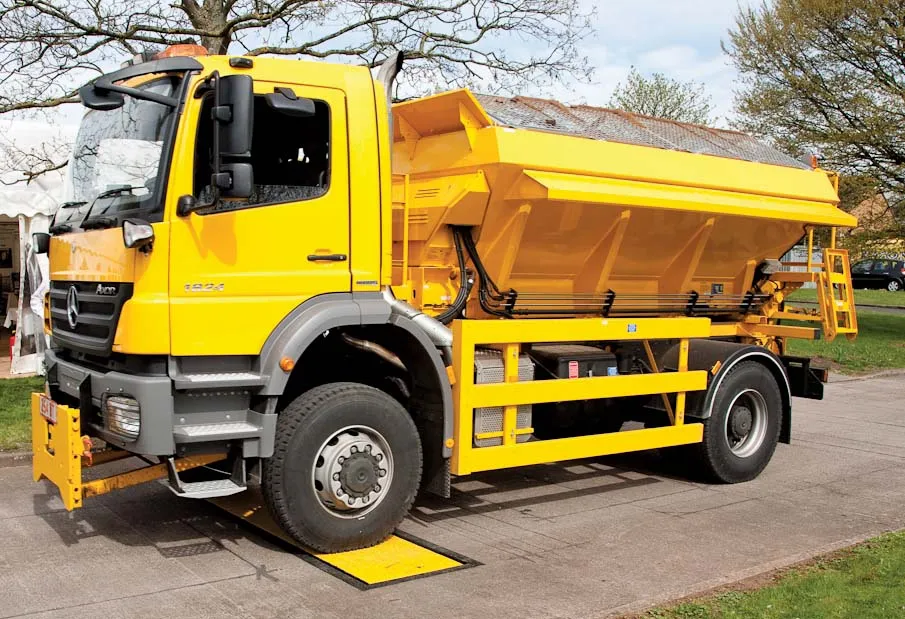Cannabis use poses a serious threat to road safety. A new report published by the British Medical Journal says that drivers who smoke cannabis within a three hour time frame before getting behind the wheel will double their risk of a serious crash.
A UK survey shows that 18% of people killed in road crashes have traces of illegal drugs in their blood, with cannabis the most common. And another recent survey by road safety organisation
Drug use poses a major problem to road safety in all nations, with Australia one of only a few countries having given police effective measures such as saliva testing kits to tackle the issue.
In the UK plans are in hand to toughen enforcement. But there is no law at present against driving with illegal drugs in the system body, meaning that police have to prove impairment. This makes it difficult for the police to test and prosecute drivers who risk lives by drug driving and results in low conviction rates compared to drink driving.
The UK Government does however intend to introduce a new drug-driving offence, with a panel of experts advising on the technicalities of its introduction, including whether it is possible to set limits equivalent to the drink drive limit. The UK Government is also in the process of introducing drug screening devices into police stations similar to those being used successfully in Australia, with other European nations poised to carry out similar actions.






